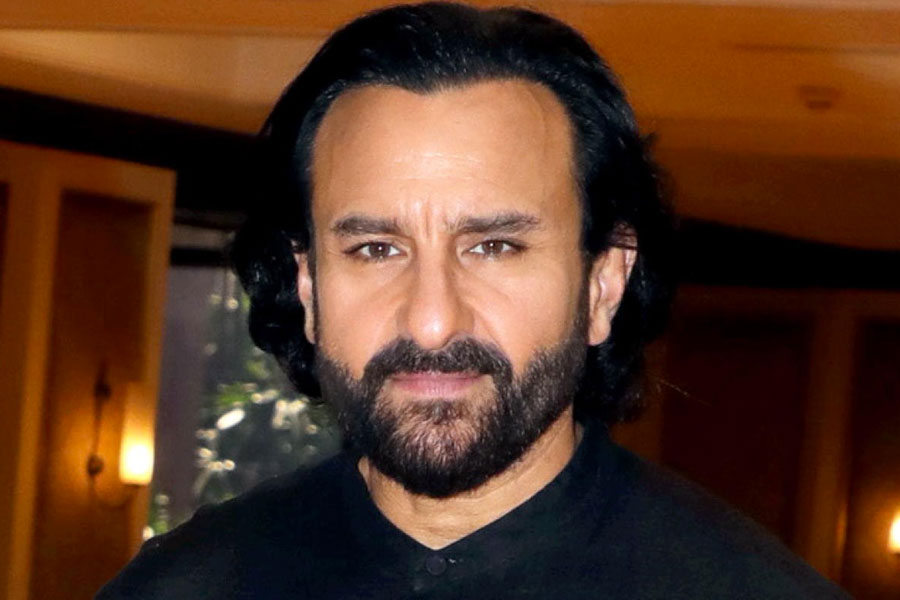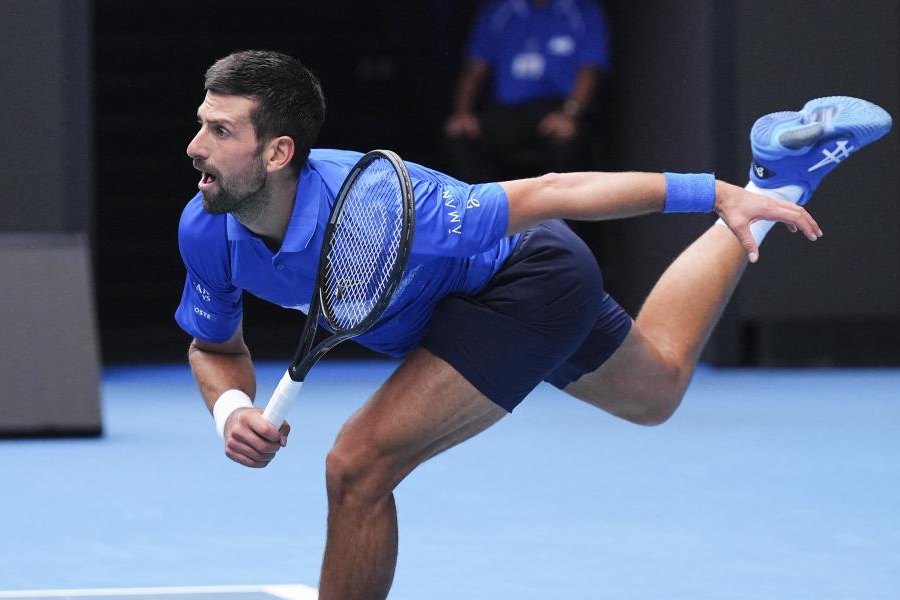The Supreme Court on Monday said there cannot be a bail condition which allows the police to peep into the private life of an accused in a criminal case.
A bench of Justices Abhay S Oka and Ujjal Bhuyan set aside a bail condition imposed by the Delhi High Court requiring a Nigerian national to share the Google Maps pin in his mobile device with the investigating officer in a drugs case.
Justice Oka, pronouncing the verdict said, "There cannot be a bail condition defeating the very objective of bail itself. We have said Google pin cannot be a bail condition. There can't be a bail condition enabling the police to constantly track the movement of the accused. Police cannot be allowed to peep into the private life of the accused on bail." The court pronounced the verdict on a plea of Frank Vitus, a Nigerian national challenging the bail condition in a drugs case.
On April 29, the top court had reserved its verdict said it would examine whether one of the conditions imposed by the Delhi High Court asking an accused to "drop a Google pin" from his mobile phone to enable investigators to track his movement while on bail violated the fundamental right to privacy.
In a landmark decision, a nine-judge Constitution bench had on August 24, 2017 unanimously declared that the right to privacy was a fundamental right under the Constitution.
The top court took note of the condition and said prima facie it was violative of the right to privacy of the accused enlarged on bail.
Similar bail conditions of sharing Google pin have been imposed by the high court on other accused in different cases as well. The top court has taken note of such bail conditions of other accused as well.
On February 8, this year, the Delhi High Court granted bail to one Raman Bhuraria. He was arrested in connection with a money laundering probe arising from an alleged Rs 3,269 crore financial irregularity case against Shakti Bhog Foods Ltd.
The high court had imposed several bail conditions and one of them read that "The applicant shall drop a Google pin location from his mobile phone to the IO concerned which shall be kept operational throughout his bail."
Except for the headline, this story has not been edited by The Telegraph Online staff and has been published from a syndicated feed.











